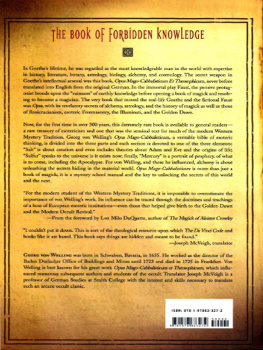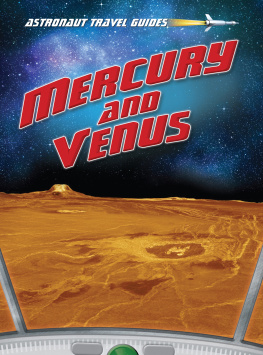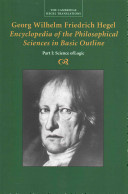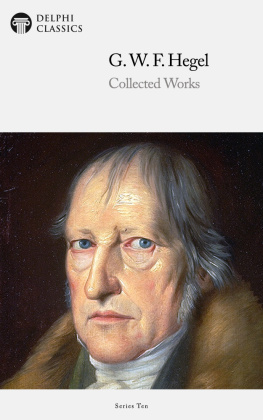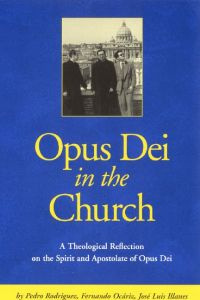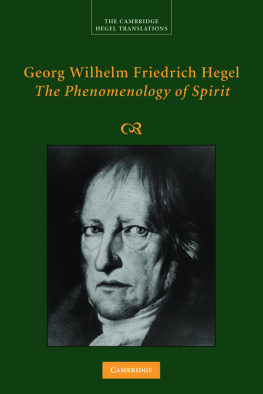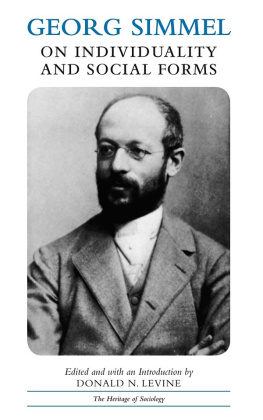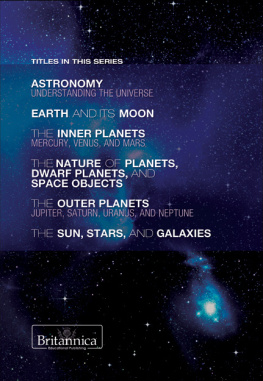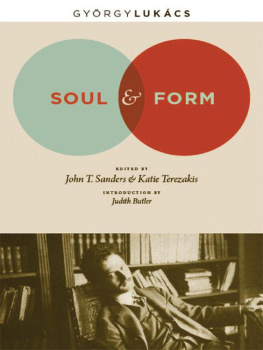Translation Copyright 2006 Patricia Baker.
All rights reserved. No part of this publication may be reproduced or transmitted in any form or by any means, electronic or mechanical, including photocopying, recording, or by any information storage and retrieval system, without permission in writing from Red Wheel/Weiser, LLC. Reviewers may quote brief passages.
Welling, Georg von, 1655-1727.
Opus mago-cabbalisticum et theosophicum in which the origin, nature, characteristics and use of salt, sulfur and mercury are described in three parts / Georg von Welling; translator, Joseph G. McVeigh.
p.cm.(Opus mago-cabbalisticum et theosophicum)
Includes bibliographical references and index.
ISBN 1-57863-327-3 (alk. paper)
1. AlchemyEarly works to 1800. I. Title. II. Series.
QD25.W55 2006
540.1'12--dc22
2006002249
The paper used in this publication meets the minimum requirements of the American National Standard for Information SciencesPermanence of Paper for Printed Library Materials Z39.48-1992 (R1997).
FOREWORD

I've studied now Philosophy
And Jurisprudence, Medicine,
And even, alas! Theology
All through and through with ardour keen!
Here now I stand, poor fool, and see
I'm just as wise as formerly.
In Act I of Goethe's Faust, the melancholic hero broods alone in his chamber and reflects upon the vainness of earthly knowledge and education. He opens a book of magic and gazes in almost sensual wonder upon the lines and symbols on a diagram of the Macrocosm. Upon waves of ecstasy he gives voice to the passion that since the dawn of consciousness has consumed the student of the mysteries.
What rapture, ah! at once is flowing
Through all my senses at the sight of this!
I feel a youthful life, its holy bliss,
Through nerve and vein run on, new-glowing.
Was it a god who wrote these signs that still
My inner tumult and that fill
My wretched heart with ecstasy?
Unveiling with mysterious potency
The powers of Nature round about me here?
Am I a god? All grows so clear to me!
In these pure lineaments I see
Creative Nature's self before my soul appear.
Now first I understand what he, the sage, has said:
"The world of spirits is not shut away;
Thy sense is closed, thy heart is dead!
Up, Student! bathe without dismay
Thy earthly breast in morning-red!
The archetype for the book that fired Goethe's imagination, and in the play initiated Faust's memorable career as magus, was in all likelihood a real booka book of forbidden knowledge that evoked every mystical clich of the dramatic imagination; a massive and heavily illuminated work of alchemy, astrology, theology, magic, and cabbala which in 1719Opus Mago-cabbalisticum et Theosophicum.
For the modern student of the western mystery traditions, especially those whose studies and practices spring from the teachings and ceremonies propagated by the Hermetic Order of the Golden Dawn, it would be difficult to overestimate the importance of von Welling's work. It served as the primary instructional text of the Gold- und Rosenkreuzer (Golden Rosicrucians), a highly prestigious Hermetic order founded in 1777, whose forms, doctrines, and teachings would infect and energize the worlds of mystic Christianity and esoteric Freemasonry. Indeed, the first degree lecture of the Gold- und Rosenkreuzer was lifted almost word for word from the fourth section of Vol. I of von Welling's Opus.
A hundred years later the nine-degree initiatory structure of the GoldenRosicrucians would provide the founding fathers of Societas Rosicruciana in Anglia (Rosicrucian Society in England) the archetype for their organization. SRIA's offspring, the Hermetic Order of the Golden Dawn, in turn, would give birth to the magical, hermetic, and new age movements of the 20th and 21st centuries.
In fact, it does not seem to me too far fetched to suggest that this GermanGolden Rosicrucian/British SRIA pollination may well have provided the historic basis for the fanciful (and likely unhistorical) legend which suggests the Golden Dawn's authority was derived from a certain German adept whose colleagues after her death withdrew their direct support of the Order. But this is a matter best left to the historians of this colorful period.
It's fair for the readers of this new edition to ask, If Opus Mago-cabalisticum et Theosophicum is such an important and historic document, why haven't I heard of it? The answer is almost unbelievably simple. Significant as the work is, it has until now never been translated into English. For nearly three hundred years its mysteries and treasures have been reserved exclusively for those with an eloquent and profound mastery of the German language.
While there is a measure of truth to the statement that a translation of any piece of written material is inferior to the original, the gods have smiled with particular warmth upon this project by alchemically uniting (like Salt, Sulfur, and Mercury) the elements of vision and support, in the person of Patricia Baker; the brilliance of the translator, Joseph McVeigh, professor of German Studies at Smith College; and the polished astuteness of Weiser Books, arguably the most venerable English-language publisher of esoteric material in the world. The result is an historic and invaluable contribution to the universe of esoteric literature.
That being said, it will become almost immediately apparent to even the most knowledgeable and sophisticated reader that von Welling's work is not easy reading. Indeed, much of it, especially those sections concerning Salt, Sulfur, and Mercury, seem to consist primarily of lengthy and redundant ramblings filled with superstitious and comically inaccurate observations of nature and the most unscientific of scientific conclusions. I confess, before I finished reading the first chapters of Volume One I was having serious doubts as to the relevance of this book, and stopped to ask myself how much more I wanted to learn about salt!
Eventually, as I wearily neared the beginning of Chapter IV of Volume One, I found myself slowing down and synchronizing more comfortably with the unhurried, almost hypnotic pace of von Welling's writing. His avuncular wit began to peek though as I paused to savor how he was saying things. As my blood pressure lowered and my patience rose I found myself surrendering to the images and characters of an archaic and divinely nave alternate universethe irrational fairy-tale reality of the alchemist.
Then, and only then was I in the space where von Welling himself could speak directly to my earlier frustrations:
However, we must ask for the reader's understanding, that we did not present this material prior to the previous three chapters, as might have been appropriate, for this was not possible according to the mago-cabbalistic approach to writing. The reader is certainly aware of the manner in which the Holy Spirit writes, and in which it guided Moses
I cannot, nor do I, expect anyone else to squeeze the comparable blood of illumination from the same turnip of text. What should be universally obvious, however, is the message von Welling seems to be sending to those who have ears to hearthe message that this book is written in a peculiar manner that only those who have already undergone a certain modification to their consciousness will be able to appreciate. Recall the words of Faust:

